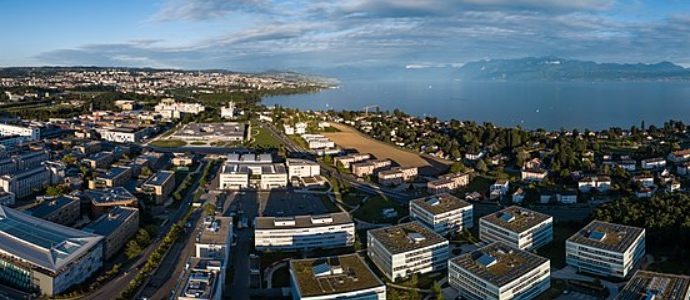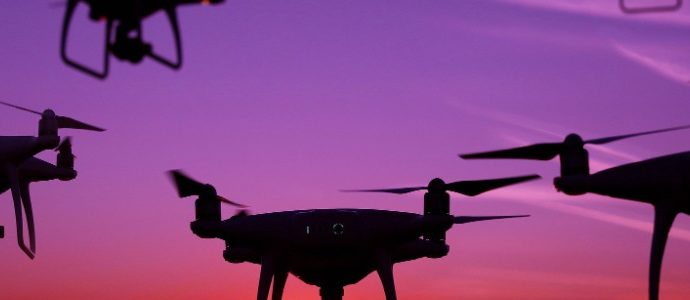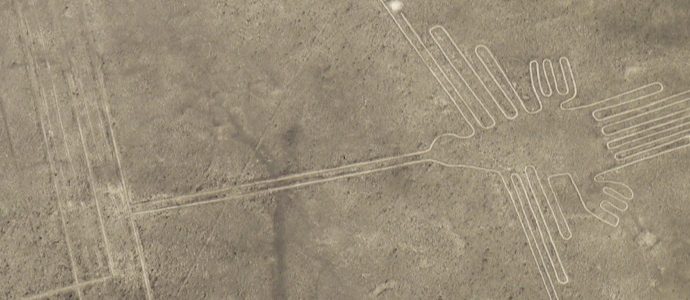A Memory Material Has Been Discovered That May Revolutionize Computers
Scientists have discovered the first known material that is capable of remembering previous external stimuli—the first known memory material—despite not having an apparent mechanism that would be able to store any information. The discovery could be used as an alternative to silicon for use in powerful data processing and storageread more



